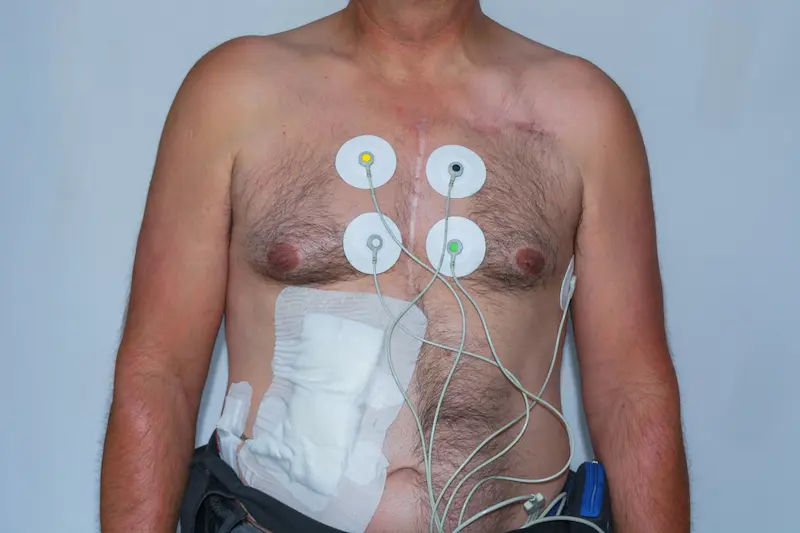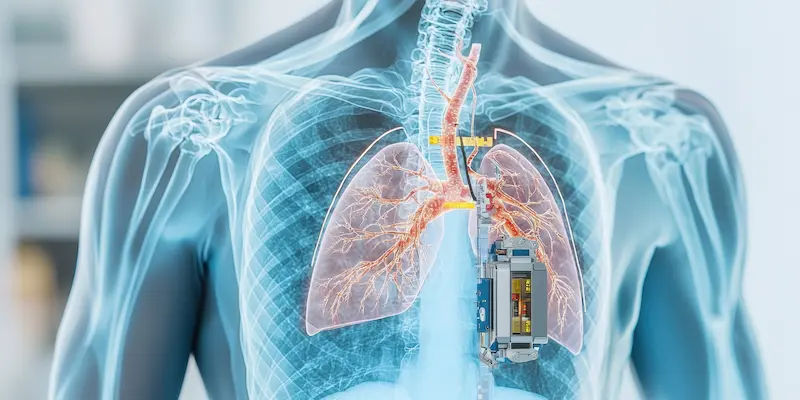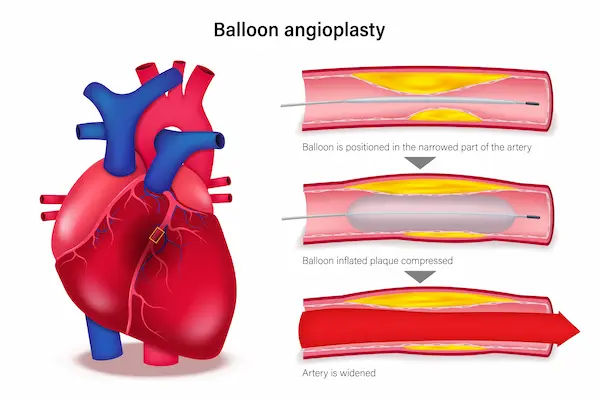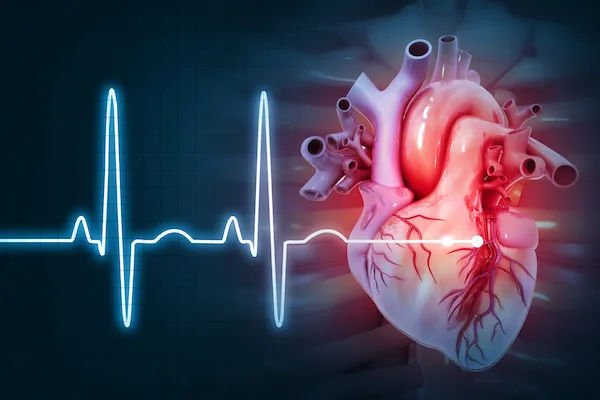- male
- 24 Years
- 29/01/2025
I'm a 24-year-old male and I've been feeling this strong heartbeat when I'm sitting or lying down. It's like I can feel it in my stomach and chest for the past three days. I'm worried if this is something serious or just normal? A couple of months ago, I had some heart tests done like an ECG, echo, and TMT, and everything came back normal, including my lipid profile. But now my stomach seems to be moving with my heartbeat. Is this something I should be worried about?
Answered by 1 Apollo Doctors
based on your description and previous evaluations, it is possible that you are experiencing palpitations. Palpitations can be caused by various factors such as stress, anxiety, caffeine intake, or even certain medications. Since your heart evaluation tests were normal, it is less likely to be related to a serious heart condition. To help alleviate your symptoms, you can try reducing your caffeine intake, practicing stress-reducing techniques, and ensuring you are well-hydrated. In case the symptoms persist or worsen, you can consider taking a beta-blocker medication like Metoprolol 25mg once daily to help regulate your heart rate and reduce palpitations. However, if the symptoms persist or become more concerning, it is advisable to consult with your healthcare provider for further evaluation and management.
Dr. Dr Khaleel Suggests...
Consult a Cardiologist
Answered 04/07/2025
0
0

More Cardiology Health Queries
View allI've been having a heavy feeling and some pain on the left side of my chest, close to my heart, since this morning. I'm really concerned that it could be something related to my heart, even though I'm only 28. Should I be worried about this, or could it be something else?
yes an ECG along with cardiac markers are advised to the patient
Answered by 1 Apollo Doctors
I'm a bit worried after my father's 2D echo report came back. It mentions "IVS jerky movement trace TR LVEF 50." Does this sound normal, or should I be concerned about anything specific?
Echo report is abnormal, advised cardiac markers and angiogram for further management..Cardiologist opinion.
Answered by 1 Apollo Doctors
I'm a bit worried about changing my medication. I used to take Prolomet, and my doctor just switched me to Telma 40 in the morning and Prolomet 25 at night. I'm supposed to stop Prolomet completely after a week and just keep taking Telma. Could this sudden change or stopping Prolomet in the morning cause any issues or symptoms?
Changing from Prolomet to Telma 40 in the morning and Prolomet 25 at night, followed by stopping Prolomet and continuing with Telma alone, should not cause any issues if done under the supervision of a doctor. Telma (Telmisartan) is an angiotensin II receptor blocker that helps in lowering blood pressure. It is important to follow your doctor's instructions regarding the dosage and timing. The transition from one medication to another is commonly done to optimize treatment and minimize side effects. If you experience any unusual symptoms during this transition, such as dizziness, weakness, or changes in heart rate, please consult your doctor for further evaluation.
Answered by 1 Apollo Doctors
Disclaimer: Answers on Apollo 247 are not intended to replace your doctor advice. Always seek help of a professional doctor in case of an medical emergency or ailment.


_2.webp)


